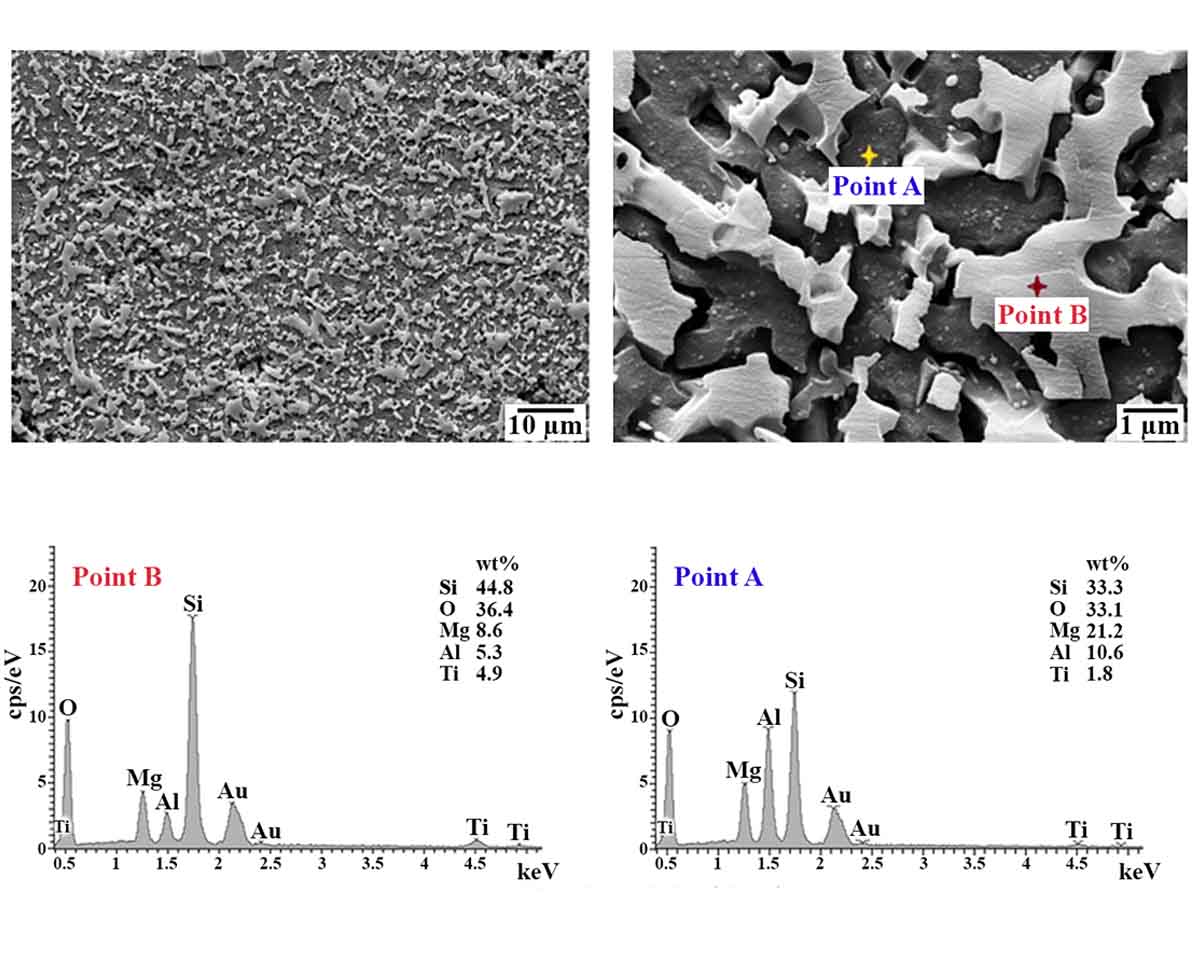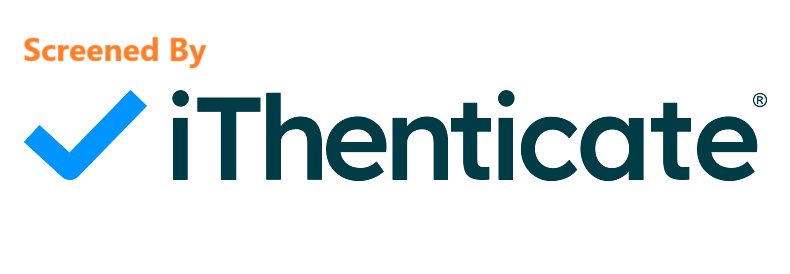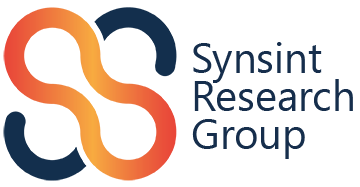Development of cordierite-based glass-ceramics by slip casting through selecting the appropriate sintering conditions
- 1 Ceramics Department, Materials and Energy Research Center (MERC), Karaj, Iran
Abstract
The present work aims to prepare a dense cordierite-based glass-ceramic through slip casting and consequent heat treatment procedures. In this regard, sintering conditions were considered as the key variables to improve the properties of the glass-ceramic. For this purpose, glass frit powder was prepared through melting oxide powders (in the system of SiO2-Al2O3-TiO2-K2O-CaO-MgO). The mixed powders were then heat treated at 1450 °C for 1 hour and quenched in water. The glass frit powder was slip cast using the appropriate dispersant. Sintering was carried out by one-step, two-step, and three-step procedures. Specimens were characterized in terms of various analysis techniques including dilatometry, X-ray diffractometry, scanning electron microscopy, and mechanical strength measurement. Among the examined specimens, the sample sintered by a three-step approach was considered the optimized one which attained zero porosity. According to the obtained results, cordierite crystals were observable in this glass-ceramic matrix. A low coefficient of thermal expansion and a low dielectric constant were observed for the optimized glass-ceramic sample. The obtained results confirmed that the homogenous distributions of crystalline phases are responsible for the appropriate and desirable properties of the prepared glass-ceramic.
Downloads
References

Copyright (c) 2022 Mohammad Javad Maleki, Hudsa Majidian, Sara Banijamali, Mohammed Zakeri

This work is licensed under a Creative Commons Attribution 4.0 International License.
Copyright
Authors are the copyright holders of their published papers in Synthesis and Sintering, which are simultaneously licensed under a Creative Commons Attribution 4.0 International License. The full details of the license are available at https://creativecommons.org/licenses/by/4.0/.
All papers published open access will be immediately and permanently free for everyone to read, download, copy, distribute, print, search, link to the full-text of papers, crawl them for indexing, pass them as data to software, or use them for any other lawful purpose without any registration obstacles or subscription fees.












